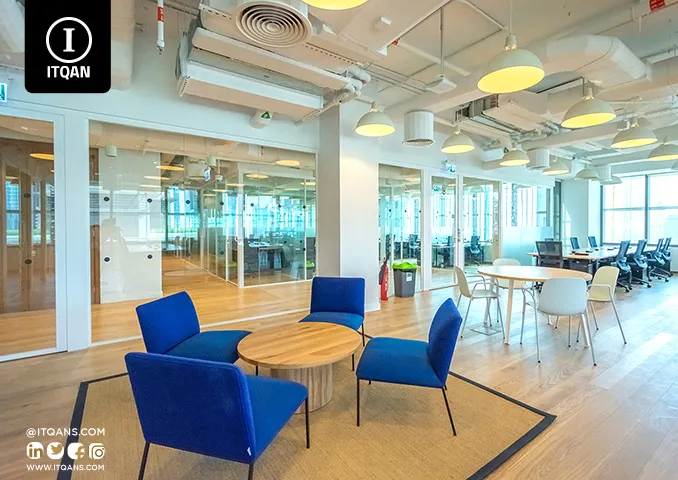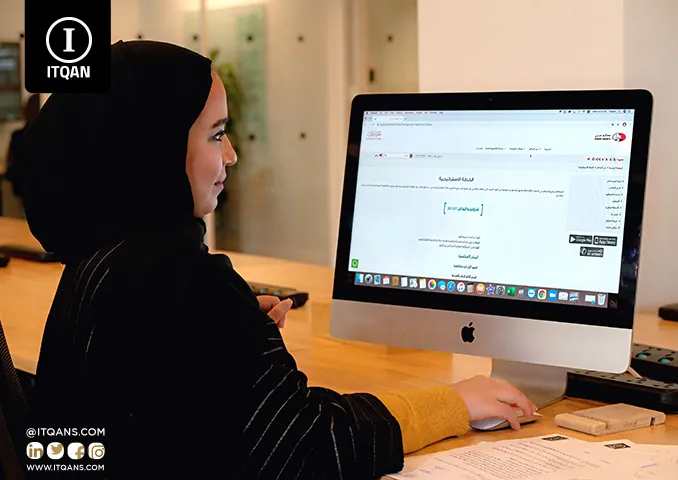How to Launch a Low-Capital Startup in Dubai
Planning a business setup UAE can be an exciting yet challenging journey—especially when working with a limited budget. Fortunately, Dubai offers a thriving ecosystem ideal for low-capital startups. This article provides a step-by-step guide to launching your venture successfully in one of the world’s most entrepreneur-friendly cities.
Why Choose Dubai for a Low-Capital Business Setup?
Dubai has become a hotspot for entrepreneurs seeking flexible entry points into the market. With free zones, simplified licensing processes, and access to global markets, it’s easy to see why small-business owners and startup founders are flocking to this metropolis. The city offers scalable solutions for business setup UAE, particularly suited for those operating on a tight budget.
Initial Planning: Define Your Business Idea
Every successful startup begins with a solid business idea. Make sure your concept meets local demand, aligns with your skills, and is scalable for growth.
- Problem-solving: Identify a gap in the market.
- Skills match: Utilize your strengths and experience.
- Cost efficiency: Choose a model that requires minimal starting capital.
Key Steps for Business Setup in UAE
Once your idea is refined, let’s move on to the formalities of business setup UAE. These steps align with legal standards and are cost-effective for low-budget entrepreneurs.
1. Choose the Appropriate Business Jurisdiction
Dubai offers several business jurisdictions, each with distinct benefits and cost structures:
- Free Zones: Ideal for full foreign ownership and cost efficiency.
- Mainland: Suitable if you want to trade directly with the UAE market.
- Offshore: Good for holding companies or international trade, but with limitations on UAE operations.
Visit our guide on top business hubs in Dubai to explore the best locations for your startup.
2. Register Your Business Name
Pick a name that complies with the UAE’s naming regulations. It should reflect your brand while avoiding offensive or religious terms. Reserving a name is often free or involves nominal fees in various free zones.
3. Apply for a Trade License
The trade license defines your business activity. Options include:
- Commercial License: For trading activities.
- Professional License: For service-oriented businesses.
- Industrial License: For manufacturing and industrial operations.
A low-cost professional license is often the best choice for service-based startups. Learn about different types of trade licenses.
Cost-Effective License Options
Many free zones in Dubai offer startup license packages with reduced fees, particularly for solo entrepreneurs and SMEs. These packages may include office space, visa quotas, and even marketing support.
Popular Low-Cost Free Zones
- Dubai Silicon Oasis (DSO)
- International Free Zone Authority (IFZA)
- Dubai South
Explore the advantages of establishing a company in Dubai South for budget-friendly options.
Setting Up a Virtual Office
Office space in Dubai can get expensive. To cut costs, many startups opt for virtual office setups, which meet legal requirements while significantly reducing overheads. Free zones like IFZA offer virtual office packages starting as low as AED 10,000 per year.
Managing Visas and PRO Services
Most visa packages include one investor visa. Additional employment visas will increase your startup costs. To manage visa applications and document submissions efficiently, consider outsourcing PRO services.
Open a Corporate Bank Account
Opening a business bank account in the UAE is a mandatory step. However, banks have varying requirements. Choose banks that support SMEs and startups with minimal deposit criteria and transparent charges.
Use Online Platforms for Business Efficiency
Leverage tech tools to minimize costs:
- Freelance Portals: Use Upwork or Fiverr for low-cost assistance.
- Cloud Accounting: Tools like QuickBooks or Xero ease financial tracking.
- Online Marketing: Use social media for outreach instead of traditional advertising.
Funding Options for Low-Capital Startups
If your capital is still short, consider these alternatives:
- Angel Investors: UAE has a growing network of angel financing for startups.
- Incubators and Accelerators: Programs like In5 or Flat6Labs offer capital and mentorship.
- Government Grants: Look into support from UAE Government Portal.
Marketing on a Budget
Promote your business using cost-effective solutions:
- SEO-focused website: Build a content-rich site to gain organic traffic.
- Social Media Marketing: Leverage Instagram, LinkedIn, and Facebook for client acquisition.
- Email Campaigns: Use free tools like Mailchimp to nurture leads.
Compliance and Renewals
Even with a low-budget startup, compliance cannot be ignored. Ensure annual license renewals, financial audits, and tax filings are done in a timely fashion to avoid fines.
Refer to our detailed guide on renewing your trade license in Dubai.
Top Tips for a Successful Startup in Dubai
- Start small and scale gradually.
- Maintain thorough documentation.
- Adopt a lean business model.
- Continuously monitor your cash flow.
- Network with local communities and business councils.
Final Thoughts on Business Setup UAE
Not having a large capital shouldn’t keep you from pursuing your entrepreneurial dreams in Dubai. By leveraging cost-effective solutions like free zone licenses, virtual offices, and digital marketing, your business setup in UAE can be both efficient and profitable. Take measured steps, use available resources wisely, and stay compliant with UAE laws to ensure long-term success.
For more detailed and tailored insights, check our complete guide to opening a company in Dubai.
Additionally, visit the official UAE Government Portal for regulatory updates and licensing criteria.












